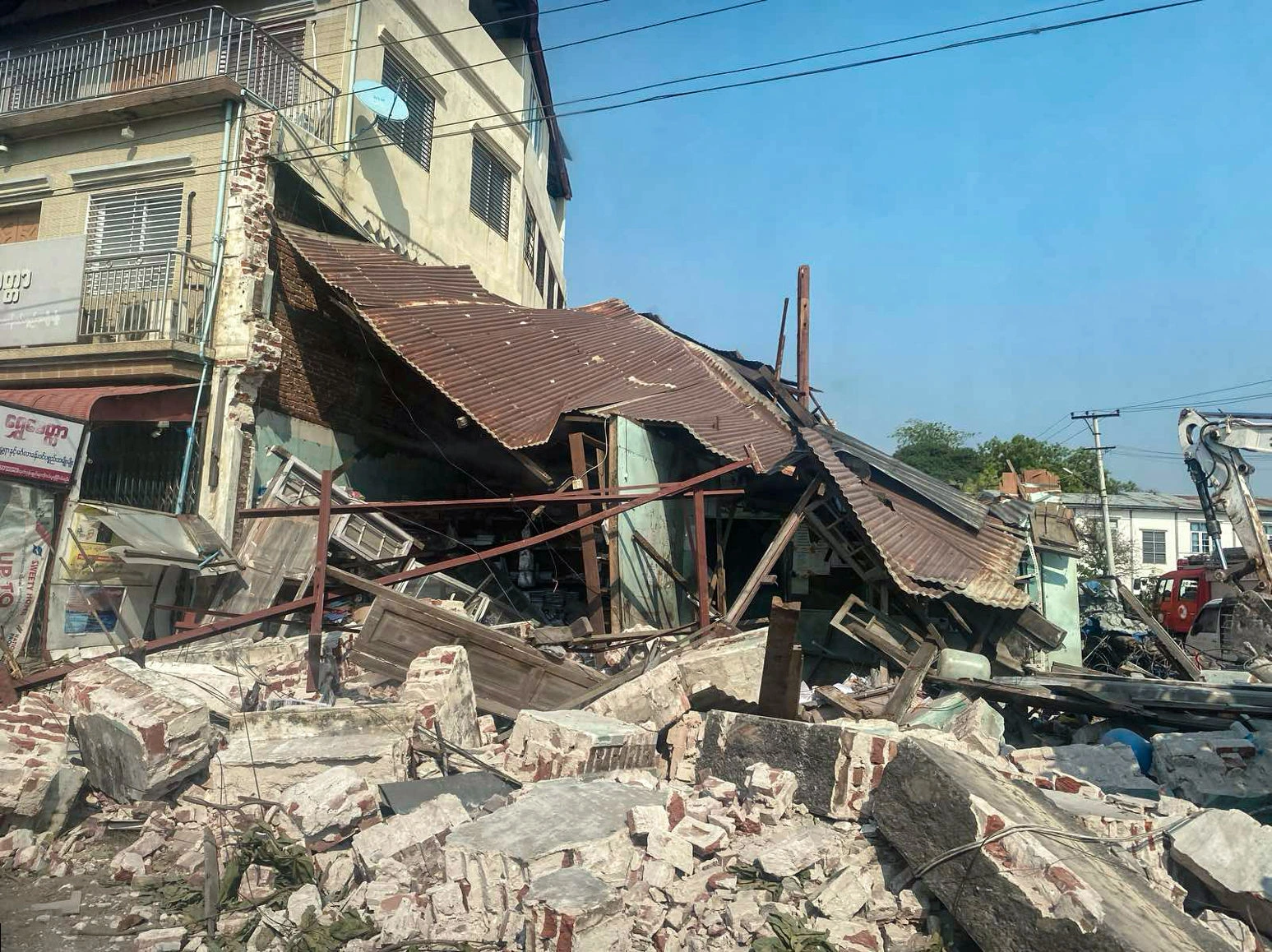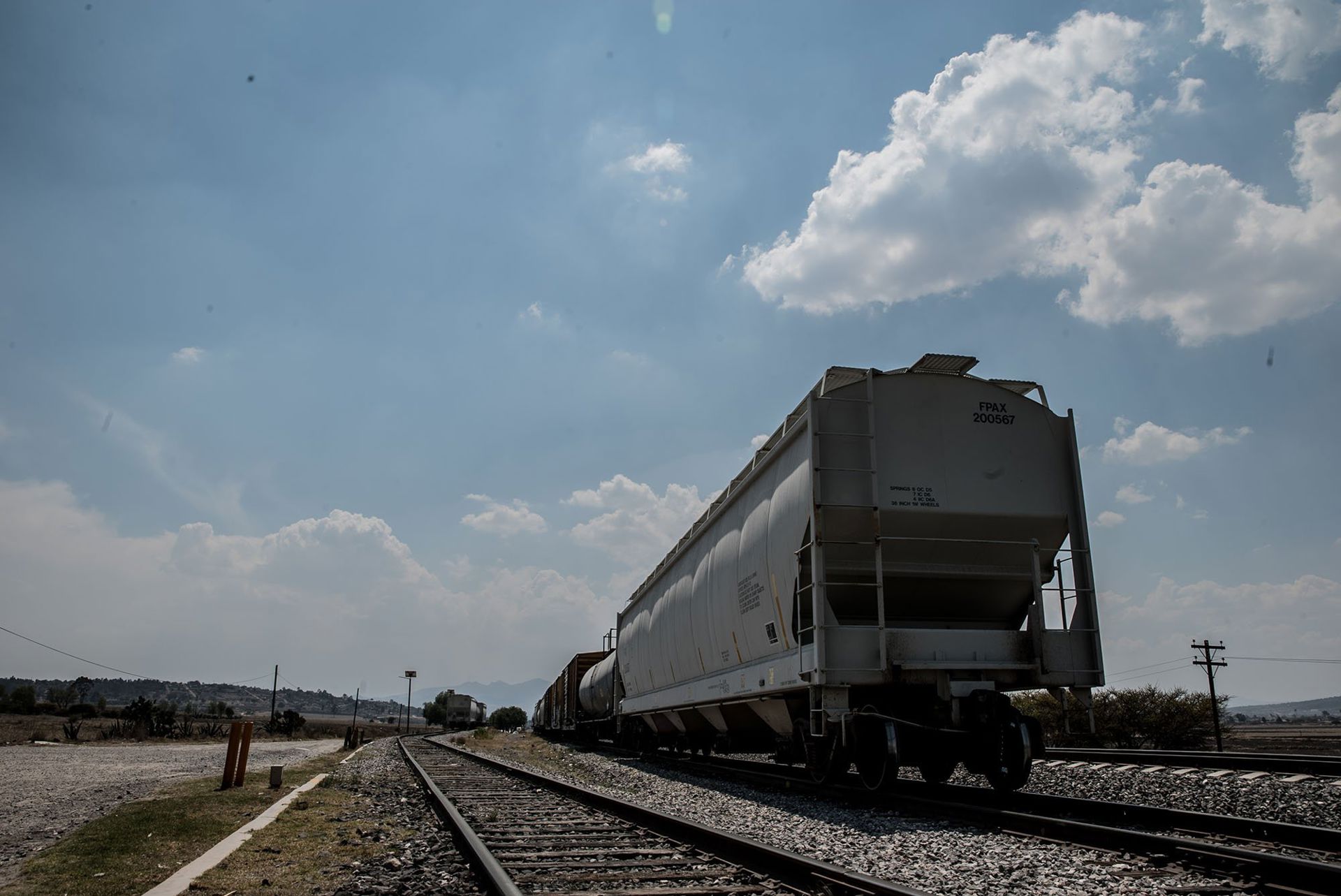In a report released lately, Médecins Sans Frontières (MSF) denounces the humanitarian crisis that is affecting people forced to flee Honduras, Guatemala and El Salvador.
Central Americans forced to flee devastating violence in Honduras, Guatemala, and El Salvador are being re-victimised along the migration route to the United States and Mexico, according to a report released by MSF. These populations lack comprehensive access to medical care and are forced to contend with more violence along the route and aggressive deportation policies that disregard their need for assistance and protection.
“The unrelenting violence and emotional suffering endured by a significant number of people on the move from the Northern Triangle of Central America (NTCA), is not unlike what is experienced by people in the conflict zones where we have been working for decades,” said Bertrand Rossier, MSF’s head of mission in Mexico. “Murder, kidnappings, threats, recruitment by non-state armed actors, extortion, sexual violence and forced disappearance – these are the realities of war and conflicts that people in this region of Central America also have to face.”
The report, entitled “Forced to Flee from the Northern Triangle of Central America, a Neglected Humanitarian Crisis”, examines medical data, patient surveys and testimonies gathered by MSF teams during two years of direct medical attention. The report illustrates the extreme level of violence experienced by people fleeing the NTCA, and the need for greater care and protection of people along the migration and refugee route.
Of the 467 people interviewed by MSF, 39.2% mentioned direct attacks or threats to themselves or their families, and extortion or gang-forced recruitment as the main reasons for fleeing their countries. Additionally, 68.3% reported being victims of violence during their transit in Mexico. In total, 92.2% of migrants and refugees seen by MSF mental health teams in 2015 and 2016 had lived through a violent event in their country of origin or along the route. Furthermore, MSF’s report shows that access to comprehensive healthcare, treatment for sexual violence and mental health services along the journey is limited or non-existent.
“It’s the fourth time that I’ve tried to cross Mexico, but this had never happened before,” a 35-year-old woman from Honduras told MSF. “This time, I came with my neighbour, and we were both held captive by a group of delinquents. The worst part is that they were Hondurans too. The federal police were their accomplices, and both of us were handed over to gang members. I was raped. They put a knife to my neck, so I didn’t resist. I’m ashamed to say this, but I think it would have been better if they had killed me.”
Despite facing some of the worst violence in the world today, migrants and refugees from the NTCA region are still mostly treated as economic migrants by countries of refuge such as Mexico or the United States. People forced to flee violence from the NTCA have limited access to asylum status in the US and Mexico despite the existing needs and legal framework.
“While there are certainly people leaving these countries for better economic opportunities, the picture that emerges from our report is one of terrorised, vulnerable people running for their lives and those of their families,” said Bertrand Rossier. “Attempts to stem migration by strengthening national borders and increased detention or deportation, as we have seen in Mexico and in the US, ignore a genuine humanitarian crisis and do not curb smuggling and trafficking. These strategies have devastating consequences on the lives and health of people on the move.”
MSF calls on governments across the region – mainly El Salvador, Guatemala, Honduras, Mexico, Canada and the US – to ensure better alternatives to detention and adherence to the principle of non-refoulement. These countries should increase their formal resettlement and family reunification quotas, so that people from the NTCA in need of international protection, including asylum, can stop risking their lives and health.
“The plight of people on the move from the NTCA shows a failure of governments to provide assistance and protection to migrants and refugees,” said Rossier. “To play on public fears and merely view these people as a security or economic issue is short-sighted. This is a humanitarian crisis and MSF calls for urgent, coordinated action to ensure that people on the move are safe from violence and persecution, are welcomed with international protection rather than with more violence, and above all, are treated with dignity and humanity.”
Since 2012, MSF has been providing medical and mental healthcare in Mexico to migrants and refugees fleeing Honduras, Guatemala and El Salvador. MSF has been adapting its intervention strategy from working in migrant shelters and with mobile clinics alongside the railway tracks at various locations along Mexico’s migration and refugee routes, to setting up a centre for victims of extreme violence in Mexico City. The centre opened in 2016 as a last strategy to respond to the humanitarian and medical needs of people on the move.



